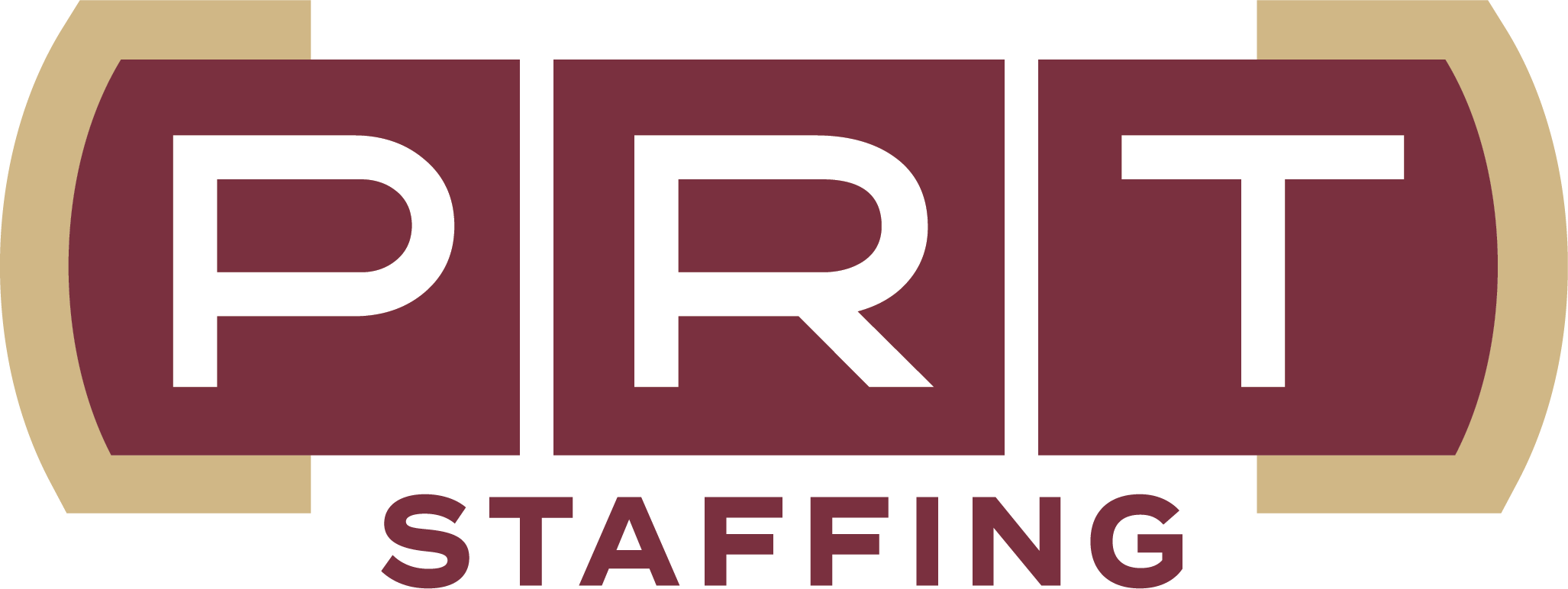Why Do I Need a Background Check?!
The hiring process today can stretch weeks as many companies are requiring multiple interviews and for those that receive the coveted job offer, it may come with a hitch at the end: you must pass a background check before onboarding.
Wait! Why do I need a background check?!
Even if you are the type of person who comes to a complete stop at a 4-way intersection when there are no other signs of traffic, wouldn’t dare go through the 15 items or less line at the grocery store with 16 items in your cart, or even look sideways at removing that mattress tag warning, you still might have some apprehension or unease at the thought of a background check.
While it might seem intrusive, background checks are more common than you think, and there's a good reason that many companies require them.
“Background checks have become a norm in the industry today. As hiring the right candidate is becoming more critical for an organization's success and reputation, companies increasingly prefer conducting background checks before onboarding candidates,” explains Veremark.
Demystifying the Background Check
A background check is essentially a deep dive into your past, verifying the information you've provided to a potential employer.
It can include searching public records for criminal history, education verification, employment verification, and even financial checks in some cases.
“The last thing you want is to find out that your company has been sued for negligent hiring because of the losses incurred by an employee or that the CEO you hired six months ago did not go to college as stated in his resume,” explains Veremark. “With increasing competition for each job opening, you might come across candidates who may exaggerate certain details, or more importantly, hide information that may be critical. As a result, it is better to perform detailed background checks every time.”
Think of it as a way for your future employer to confirm you're the right fit for the role and to protect their business and customers.
“Always remember, wrong hiring can prove costly to an organization, not only in monetary terms but also for its reputation and standing in the industry,” says Veremark.
Jobs Where Background Checks are Common
Not all jobs require background checks, but some do for very valid reasons.
You do not have to be applying for a job that handles top secret information or work with firearms or heavy equipment to have a background check required.
Here are 10 examples of industries where background checks are common:
- Finance: Protecting sensitive financial information and preventing fraud.
- Healthcare: Ensuring patient safety and compliance with regulations.
- Education: Protecting children and vulnerable individuals.
- Law Enforcement: Maintaining public safety and upholding integrity.
- Government: Fulfilling security clearances and upholding trust.
- Technology: Securing confidential data and intellectual property.
- Childcare: Safeguarding children and building trust with parents.
- Transportation: Ensuring safety and compliance with regulations.
- Hospitality: Protecting guests and property.
- Non-profit Organizations: Maintaining ethical standards and public trust.
Veremark says the reasons that these industries might conduct background checks vary, but some typical reasons include:
- Provide a safe environment for employees and customers.
- Hire the most qualified candidates.
- Minimize exposure from employee liability with “due diligence” during the hiring process.
- Encourage honesty throughout the interviewing process.
- Discourage applicants who do not qualify for the job opening.
- Eliminate uncertainty in the hiring process.
- Relying on objecting information vs. gut feelings.
The Importance and Benefits of Background Checks
So, why are these checks important? Here are some key benefits for employers:
- Reduces risk: Helps companies mitigate potential risks associated with hiring the wrong person.
- Protects everyone: Safeguards employees, customers, and the public from harm.
- Builds trust: Creates a secure and ethical work environment.
- Ensures compliance: Helps companies comply with industry regulations and legal requirements.
- Provides transparency: Verifies qualifications and ensures honesty in applications.
There are even benefits to background checks for job seekers, including:
- Demonstrate transparency: Show your potential employer you're open and honest.
- Increase trust: Help you build a positive reputation and establish credibility.
- Confirm accuracy: Ensure any discrepancies in your application are clarified.
- Offer peace of mind: Knowing your employer takes their hiring seriously provides reassurance.
Is My New Boss Going to Do the Background Check?
Do not worry, your future boss doesn't personally dig into your past!
Companies typically outsource background checks to specialized consumer reporting agencies (CRAs) that comply with strict regulations.
These agencies access public records and maintain secure databases for accurate information.
What's Checked and Why? Cracking the Code
The good news, according to PRT Staffing, is that a company is never going to do a “surprise” or “secret” background check on you.
Under the Fair Credit Reporting Act, job candidates must give prior written consent before employers conduct a background check and have the right to challenge report contents.
What shows up on a background check depends on the job and the level of the check.
Here's a breakdown of common checks and their purpose:
- Identity Verification: Confirming your identity using a social security number or other means.
- Criminal Records: To identify potential risks and ensure public safety.
- Education Verification: To confirm educational qualifications and degrees.
- Employment Verification: To validate work history and references.
- Driving Records: To assess driving safety and compliance with regulations (certain roles).
- Financial Records: To assess financial responsibility for specific positions.
- Social Media (Rarely): To assess professional suitability in limited cases (with caution).
Your Rights: Accessing and Correcting Information
As an individual, you have rights regarding your background checks. You can:
- Obtain a copy of your report: Contact the CRA that conducted the check.
- Dispute inaccurate information: Provide evidence to the CRA to correct errors.
- Challenge unfair reporting practices: File a complaint with the Fair Credit Reporting Bureau (FCRA).
Remember, background checks are an essential part of a responsible hiring process. By understanding their purpose and your rights, you can navigate this common job search hurdle with confidence.
So, take a deep breath, embrace the process, and focus on landing that dream job! And, yeah, you can go ahead and remove that mattress tag – that warning is for the manufacturers, retailers, and distributors, not consumers!





